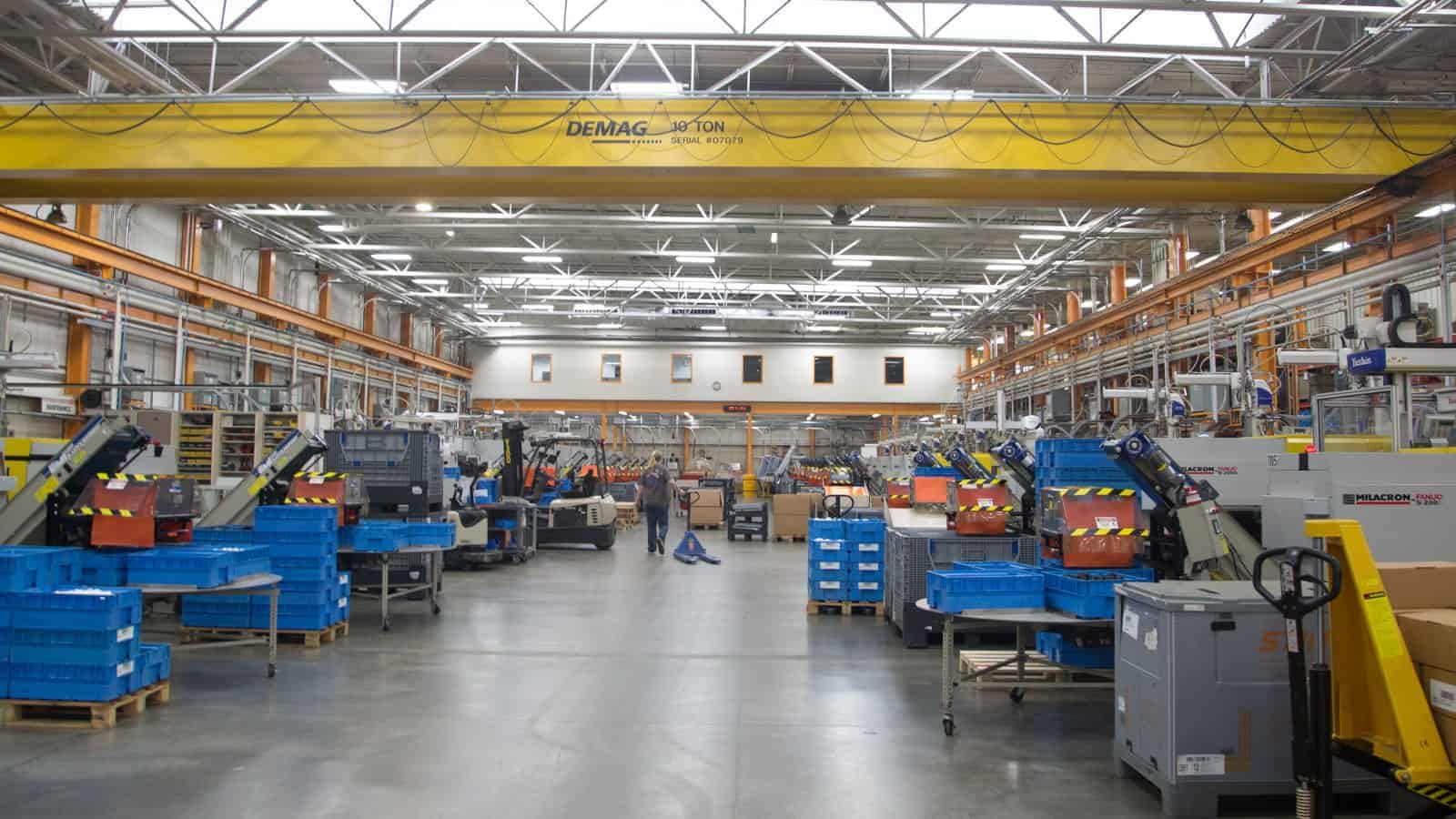Russian Hackers Target U.S. Defense Contractors

Over the past two years, Russian hackers have successfully gathered information by targeting U.S. defense contractors, according to CNN.
Hacks provide information on U.S. weapons: “Russian government-backed hackers have acquired sensitive information on the development and deployment of U.S. weapons by breaching American defense contractors over the last two years.”
Unclassified but important: The information breached by Russian hackers is unclassified, but provides valuable insight into U.S. weapon developments, deployment timelines and export-controlled technology.
Contractors affected: The hacks impacted contractors working with the Army, Navy, Air Force and Space Force, as well as firms working on defense and intelligence programs. The U.S. specifically said targeted contractors were involved in aircraft design and the development of combat and weapon systems.
Why it matters: U.S. security agencies said, “By acquiring proprietary internal documents and email communications, adversaries may be able to adjust their own military plans and priorities, hasten technological development efforts, inform foreign policymakers of U.S. intentions and target potential sources for recruitment.”
Our take: “Earlier this week, the U.S. government announced a ‘Shields Up’ advisory, followed by an additional advisory detailing the threat, and the defense industrial base is strongly encouraged to heed the warning,” said NAM Vice President of Infrastructure, Innovation and Human Resources Policy Robyn Boerstling. “Protecting the factory floor from cyber intruders—whether criminal or nation-state—is about protecting our competitiveness, our security and our collective defense.”
More resources: The Department of Homeland Security’s Cybersecurity and Infrastructure Security Agency has developed a range of tools to support businesses and the industry through its Cyber Resource Hub. Learn more here.
Our plug: Cybersecurity is a vital concern for manufacturers across the country—and the NAM is working to ensure that our members have what they need to stay safe. Check out NAM Cyber Cover for information about an exclusive cybersecurity and risk mitigation program developed in partnership with AHT Insurance and Coalition.
New Indo-Pacific Framework Should Prioritize U.S. Manufacturers
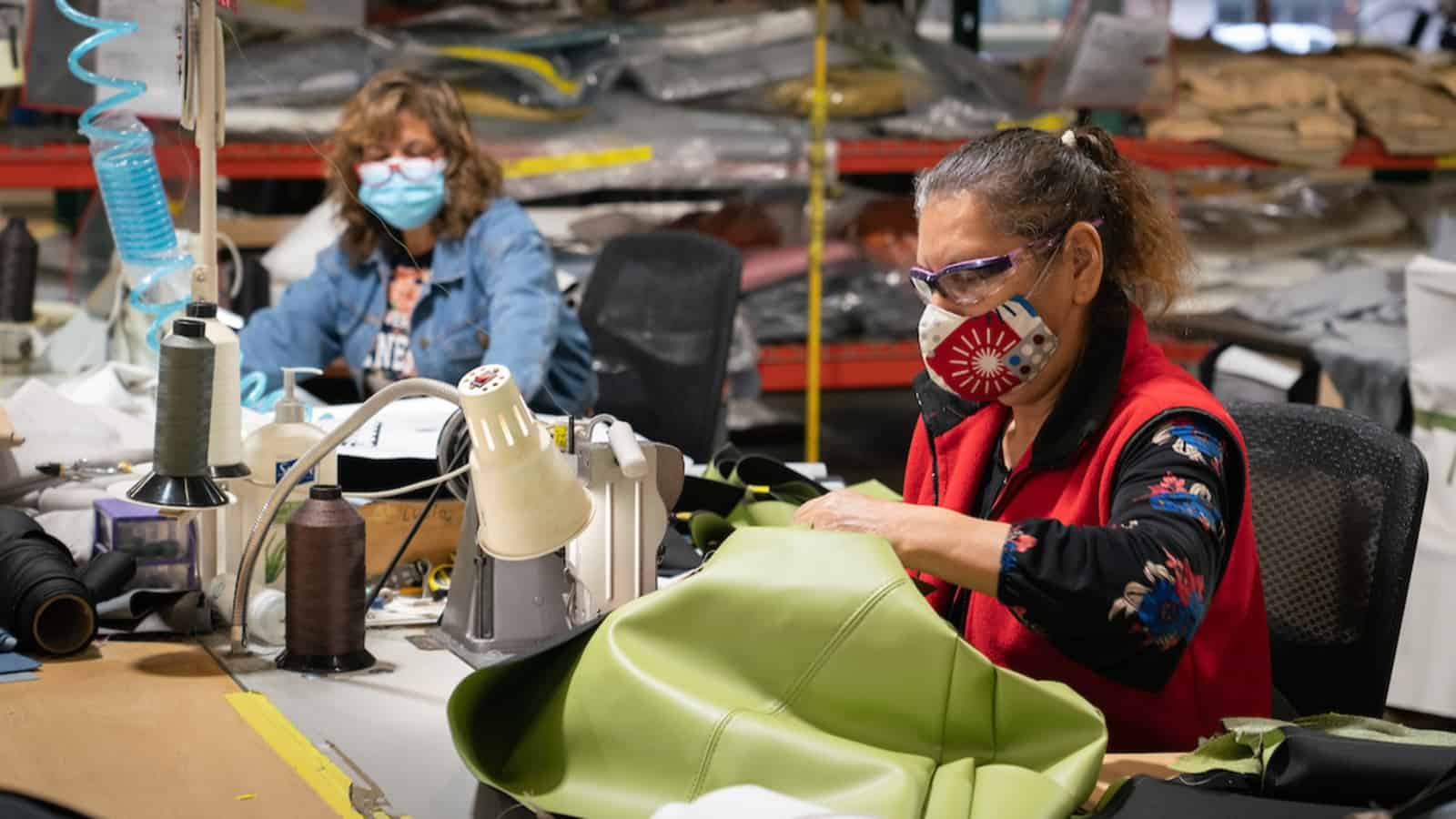
The NAM is calling for a U.S. economic approach in the Indo-Pacific region that incorporates several key trade elements for manufacturers.
The background: Earlier this month, the White House unveiled a 12-page strategy overview focusing “on every corner of the region from South Asia to the Pacific Islands to strengthen its long-term position and commitment,” according to Reuters (subscription).
- In the document, the U.S. promises to strengthen partnerships, modernize alliances and invest in regional organizations.
- According to an action plan for the next one to two years, the U.S. will “‘meaningfully expand’ its diplomatic presence in Southeast Asia and the Pacific Islands.”
The NAM’s view: “As the administration continues to develop the framework, it must prioritize an approach that supports manufacturing and manufacturing jobs by opening markets, strengthening U.S. innovation and technology leadership, raising global standards to U.S. levels and putting in place best-in-class trade rules,” said NAM President and CEO Jay Timmons in a letter sent on Tuesday to Secretary of State Antony Blinken, Secretary of Commerce Gina Raimondo, U.S. Trade Representative Katherine Tai and National Security Adviser Jake Sullivan.
Key inclusions: The NAM is urging the administration to include several major elements in its new framework. These include but are not limited to:
- Prioritizing efforts to eliminate trade barriers in the region that hamper U.S. competitiveness;
- Instituting strong intellectual property rules that set high standards for IP protection and strengthen innovation;
- Securing regional or bilateral digital trade commitments; and
- Strengthening collaboration on standards, regulatory and conformity assessment with countries in the Indo-Pacific region.
The last word: “This approach is necessary so that manufacturers in the United States do not fall behind our competitors in the Indo-Pacific, such as China, that are actively negotiating and implementing new trade agreements to lock in opportunities for their manufacturers, not ours,” said Timmons.
The NAM Pushes for Effective and Efficient Broadband Funding

Last year’s bipartisan infrastructure bill, known as the Infrastructure Investment and Jobs Act, was a big victory for manufacturers—but now that the bill has been made law, the NAM is still working to make sure funding is distributed effectively and efficiently to the programs and projects that need it. That includes action on $48 billion in federal funding for expanded broadband access and broadband infrastructure, which will be primarily disbursed by the National Telecommunications and Information Administration at the U.S. Department of Commerce.
With the NTIA in the early stages of designating and developing broadband priorities, the NAM recently reached out to submit a set of principles that the process should follow to ensure effective funding allocation.
- Strong national standards: The NAM supports uniform requirements and industry performance standards across the entire United States. Divergent state and regional regulations can hamper the development of broadband access and interfere with the IIJA’s goal of increasing signal availability broadly. The significant funding provided in IIJA presents a valuable opportunity to develop nationwide service standards, which will encourage the growth of our national economic connectivity.
- Transparency: “The NTIA should remain committed to transparency in both program requirements and project allocations,” said NAM Director of Infrastructure, Innovation and Human Resources Policy Ben Siegrist. “ Manufacturers in America support broadband expansion not only for the needs of their local communities, but as an asset to improve American commercial competitiveness in a global business marketplace. Transparency in federal allocations, clarity of purpose and reliability of federal partners will ensure that competitive benefits are achieved on behalf of all enterprises in all regions.”
- Fair, timely and efficient rollout: The NAM encourages the NTIA to develop a framework for investing the IIJA funds through open competition, thoughtful evaluation and without delay. Further, the NTIA can ensure a concise and efficient rollout by avoiding overly complicated language or regulatory processes.
The last word: “Manufacturers in America understand the overwhelming value that expanded broadband access and infrastructure will provide for communities, consumers and commercial enterprises in all corners of the country,” said Siegrist. “From domestic economic competitive advantage to improved livelihoods and neighborhoods, the NTIA’s mission through IIJA directives can dramatically and positively impact the success of our national shared interests.”
Fender Fights Counterfeiting

Manufacturers want counterfeiters to face the music.
That’s the message from Fender Musical Instruments Corporation—one of the world’s leading manufacturers of guitars, basses and amplifiers and an iconic brand recognized by millions. The company is urging Congress to step up protections for manufacturers and increase oversight of third-party sellers that can unintentionally contribute to the sale of counterfeit merchandise.
The problem: Manufacturers like Fender routinely face threats to their brand from counterfeit products. In 2021 alone, the company identified almost 32,000 listings of Fender products online for potential trademark infringement. Nearly 70% of those flagged listings were suspected of being counterfeit products. Yet, because those products are often sold anonymously through third-party online marketplaces, it can be difficult to go after the groups and individuals who create and supply fake merchandise.
Consumer issues: Counterfeits don’t just rob consumers of an authentic Fender experience; they can also create safety concerns. Guitars and amps with electrical components have been tested and perfected to ensure a safe product, but counterfeit and fake products come with no such guarantee.
A global challenge: Fender isn’t the only manufacturer facing issues around counterfeits and copyright infringement. According to the NAM’s research, fake and counterfeit products cost the United States $131 billion and 325,000 jobs in 2019 alone, and the global trade in counterfeits may exceed $500 billion every single year. That puts an enormous burden on manufacturers and consumers alike.
Our move: The NAM is leading the fight against counterfeit products. Our report, “Countering Counterfeits,” includes a series of suggested solutions to help the federal government and the private sector work together against fake merchandise, including:
- Requiring e-commerce platforms to reduce the availability of counterfeits;
- Modernizing enforcement laws and tactics to keep pace with counterfeiting technology;
- Streamlining government coordination;
- Improving private-sector collaboration; and
- Empowering consumers to avoid counterfeit goods.
The word from Fender: “Protecting consumers starts with protecting the manufacturers who have built a name by putting out the best and safest products,” said Executive Vice President of Operations and Co-President of the Fender Play Foundation Ed Magee in his letter to Congress. “By working together with online marketplaces, manufacturers and trademark holders can proactively work toward preventing counterfeit goods from entering the stream of commerce, while also reactively working together to track down fraudulent sellers. When manufacturers and online marketplace vendors come together like this, the consumer is the ultimate winner.”
NAM Pursues Comprehensive Proxy Strategy
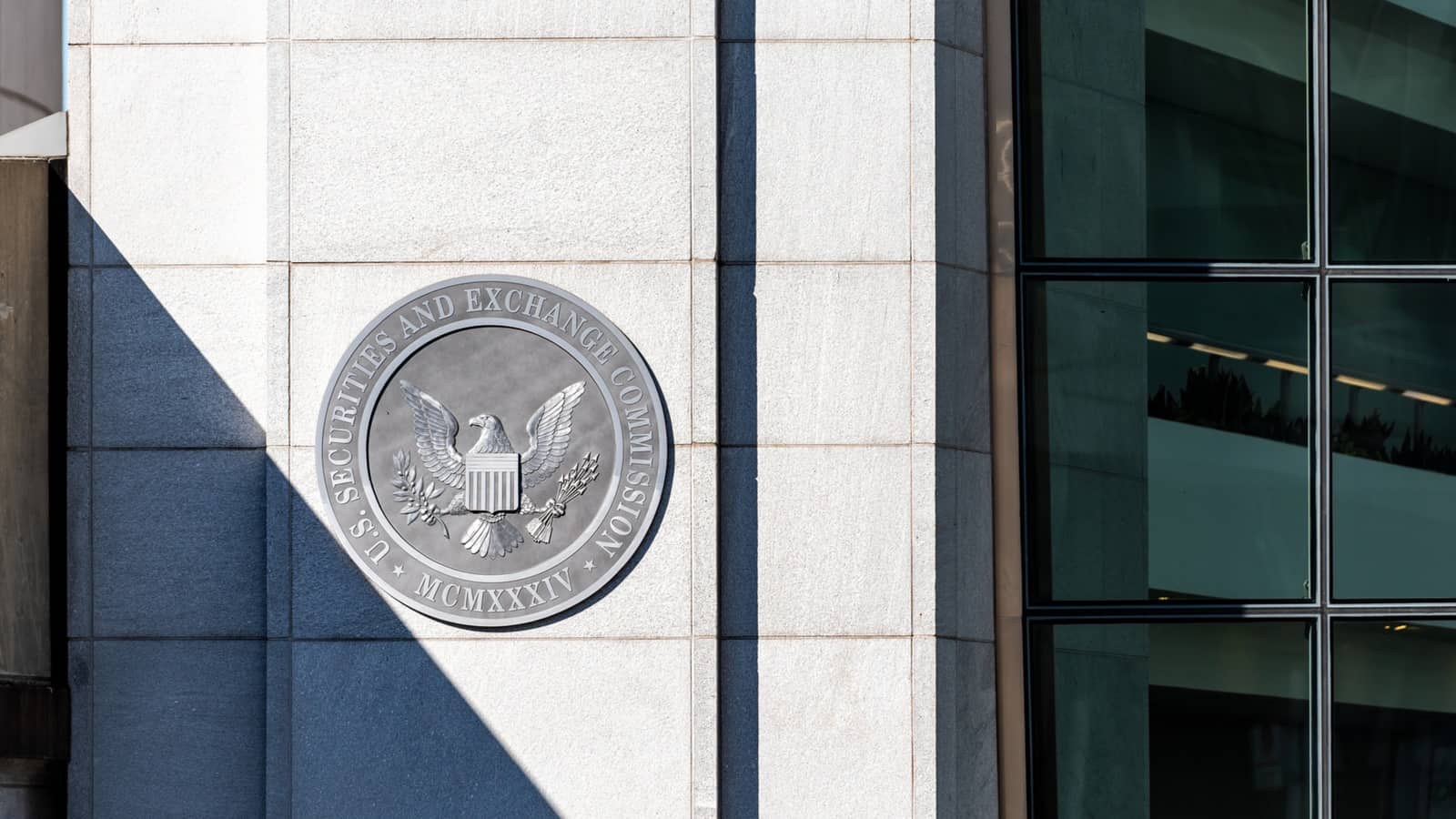
The NAM is fighting aggressively to preserve a hard-won proxy firm rule and to scrap a new proposal from the U.S. Securities and Exchange Commission that would gut its vital reforms.
The background: In 2020, the NAM won a major victory when the SEC published a new rule on proxy advisory firms—increasing transparency into the firms’ conflicts of interest and enhancing communication among proxy firms, companies and investors. But new leadership at the SEC has reversed course, unlawfully refusing to enforce the rule and issuing a new proposal that could wipe out important progress.
Order in the court: The NAM has pursued a double-barreled legal strategy to protect manufacturers and their shareholders. In 2020, after the SEC finalized the NAM-supported rule, the largest proxy firm filed a lawsuit arguing that the SEC lacks the authority to regulate proxy voting advice. The NAM moved to intervene in that case, defending the SEC’s ability to provide this needed oversight of proxy firms. Then in 2021, following the SEC’s announcement that it wouldn’t enforce the 2020 rule, the NAM filed a separate challenge against the SEC to prevent the agency from setting the rule’s critical reforms aside.
SEC engagement: At the same time, the NAM has worked to make sure the SEC understands the importance of the 2020 rule and the harmful impact that rescinding its vital transparency and antifraud protections would have. In late December, the NAM filed comments with the SEC underscoring the need for increased proxy firm engagement with companies and the importance of clear antifraud standards; the NAM’s letter also voices concern with the SEC’s decision to rescind the 2020 rule without allowing it to take effect and be fairly evaluated.
The bottom line: The NAM is making clear that the SEC has the authority to regulate proxy firms; that the agency must enforce the 2020 rule; and that manufacturers forcefully oppose any efforts to weaken regulation of proxy firms.
What we’re saying: “At the NAM, we’ll continue our defense of commonsense investor protections—in court, at the SEC and anywhere else it’s needed,” said NAM Senior Director of Tax and Domestic Economic Policy Charles Crain. “Manufacturers continue to support the vital reforms the NAM helped secure in 2020, and we believe strongly in the importance of fair and transparent regulatory processes. The NAM is leading the fight to protect investors and preserve much-needed proxy firm oversight.”
Supreme Court Reviews Stay of Vaccine Mandate

The Supreme Court is reviewing state and business led efforts to block two of President Biden’s signature vaccine mandate policies according to The Washington Post.
The policies: “One measure requires large private companies to implement a requirement for employees to either be vaccinated for COVID-19 or mask and be tested weekly. The second applies to health-care workers at facilities that receive certain federal funding. Together, the cases test a signature aspect of the White House’s response to the pandemic that has killed more than 800,000 people in the United States.”
The challenges: All of the court action on the cases so far has revolved around whether the rules should be stayed while the courts review the legality of the rules. Lower courts have been divided over the policies. After the administration announced the rule for private companies, the U.S. Court of Appeals for the 5th Circuit blocked its enforcement. Shortly after that, A panel of the U.S. Court of Appeals for the 6th Circuit lifted the stay, and said the rules could go into effect. A similar split occurred around the healthcare mandate, with one court saying the rules could go forward and another court blocking them.
The Supreme issue: According to NAM Senior Vice President and General Counsel Linda Kelly, while the Supreme Court is considering only whether the policies should be stayed or allowed to go into effect while lower courts hear legal challenges to the provisions, the arguments covered several pivotal issues that go to the underlying merits of the challengers’ case. Throughout the two-hour oral argument, the Justices and advocates sparred over whether federal agencies (v. Congress or the States) have the authority to impose the mandates, whether the mandates are overbroad and should instead target only certain high-risk workplaces, the extent to which vaccines are “necessary” (i.e., whether other mitigation measures would adequately protect workers), and whether the pandemic constitutes an emergency allowing the government to bypass notice and comment rulemaking. We expect the Court to issue a decision within the next few days.
Get vaxxed: Getting vaccinated is still important in order to protect yourself and the people around you. Check out the This Is Our Shot – a collaboration between NAM and The Manufacturing Institute – for tools and information.
Global Semiconductor Shortage Leads to Backordered Gifts

A shortage of semiconductors continues to roil manufacturers across the country. NAM Vice President of Infrastructure, Innovation and Human Resources Policy Robyn Boerstling joined us to discuss what’s going on, why it matters and what the NAM is doing to help.
What semiconductors are: Semiconductors are critical components for all types of manufactured products. Essentially, they serve as the “brains” of medical devices and electronic devices from automobiles to home appliances to personal electronics. A shortage in semiconductors creates ripples across the manufacturing industry.
What we’re seeing: Christmas is around the corner, and American consumers are discovering that some backordered products may have delivery dates up to a year away. But the chip shortage also has longer-term implications. As more technologies become essential to daily life and Manufacturing 4.0 advances in the industry, a reliable supply of semiconductors will be more important than ever. Manufacturers will need steady, secure supply chains in order to guarantee smooth production.
What we can do: For now, there’s only so much policymakers can do to speed up production. Most semiconductors are manufactured in Asia, and deliveries are being hindered by everything from COVID-19 impacts to natural disasters. According to Boerstling, the eventual goal should be to create a robust semiconductor industry in the United States so that U.S. manufacturers are less reliant on foreign supply chains.
- “This is a global crisis,” said Boerstling. “We need to be thinking about how to build resiliency in the supply chain. COVID has taught everyone the importance of manufacturing domestically and ensuring that we have the supplies we need to make products in the United States. That will require rebuilding our semiconductor manufacturing capacity through a combination of grants and incentives to make sure it’s competitive globally.”
Congress’s chance: Legislation to buttress the U.S. semiconductor industry has made it to both the House and the Senate, but differing bills have left Congress with a mismatch. The House passed a bipartisan CHIPS Act in an authorization last year, but it lacked funding. Meanwhile, the Senate passed funding through the United States Innovation and Competition Act of 2021, but the legislation hasn’t been taken up in the House. Action is urgently needed, and Congress has the tools to move forward. Now, they need to act.
NAM’s role: The NAM is deeply engaged in conversations with lawmakers in the House and Senate to help shape a way forward that supports manufacturers and delivers the help American consumers need.
- “The NAM is working with people in Congress and with manufacturers across the country to make sure lawmakers understand how important this is,” said Boerstling. “We’re looking forward to the House and Senate coming to an agreement.”
SEC Reverses on Proxy Firm Rule
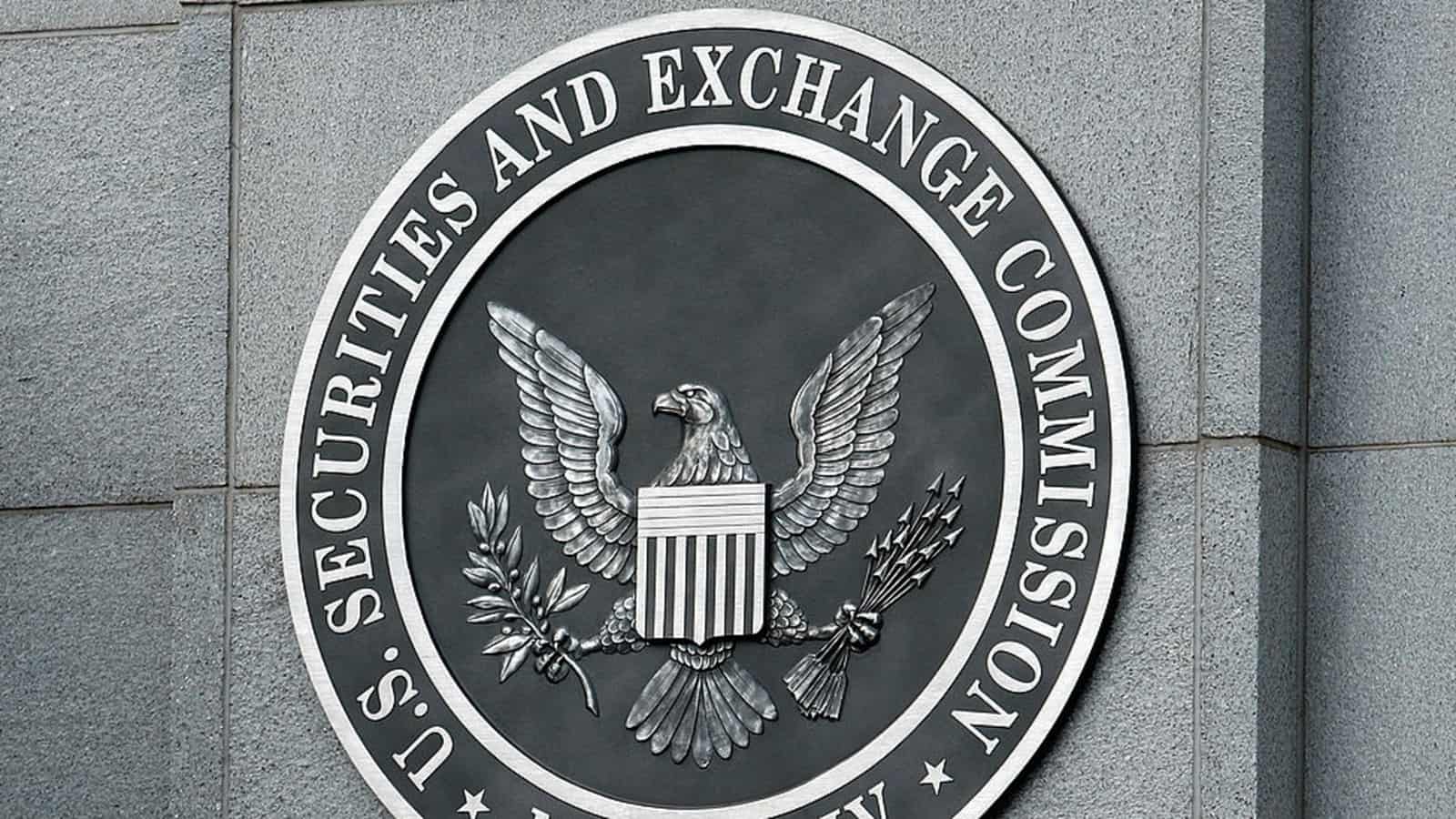
The U.S. Securities and Exchange Commission has made an about-face on commonsense investor protections it adopted last year to provide appropriate oversight of so-called proxy advisory firms—and the NAM is pushing back.
The background: Last year, the NAM won a major victory when the SEC published a new rule to regulate proxy firms, which have significant influence over public company governance decisions and the performance of shareholders’ investments. Now under new leadership, the SEC has so far refused to enforce the rule—and yesterday, the commission issued a new proposal that would wipe out important progress.
What it means: The rule secured by the NAM ensured that investors would have access to more complete and accurate information before casting proxy votes. The SEC’s new proposal would reverse the rule’s requirements that proxy firms engage with public companies—specifically rescinding the provisions mandating that the firms provide copies of their recommendations to impacted businesses and notify investors when those businesses file a response. The new proposal also weakens the SEC’s anti-fraud standards for materially misleading statements published by proxy firms.
A deeper dive: Beyond the rule itself, the action points to larger problems at the SEC.
- Politics over policy: By reversing a rule that had been developed over the course of a decade through leadership from both political parties and with significant input from all sectors, the SEC is undercutting the capital markets’ need for a steady, apolitical regulator.
- Not the first time: Even before yesterday’s rule change, the SEC had unlawfully refused to enforce the existing proxy firm rule. The NAM filed suit last month to force the SEC to abide by laws on the books.
- Arbitrary changes: The 2020 rule was set to take effect on Dec. 1 of this year, so the SEC had no new information about its impact on the market when it voted to reverse course—raising serious questions about the commission’s compliance with the Administrative Procedure Act’s prohibition on “arbitrary and capricious” rulemaking.
Next steps: The NAM is challenging the SEC’s nonenforcement of the 2020 rule in court, and we will continue to hold the SEC’s feet to the fire. We will also engage with the SEC on its new proposal and will push back on the commission’s attempts to remove these critical investor protections.
What we’re saying: NAM Senior Vice President of Policy and Government Relations Aric Newhouse released a statement on the SEC’s about-face: “The NAM is extremely concerned that the SEC has proposed substantial revisions to last year’s reasonable, light-touch proxy advisory firm rule—especially absent any new information about its impact on the market. Businesses and investors need reliable rules of the road, and the NAM is disappointed that the SEC plans to reverse course on a decade’s worth of bipartisan, consensus-driven policymaking just a year after the rule’s reforms were finalized. The SEC’s about-face is deeply troubling, but manufacturers continue to support appropriate oversight of proxy firms given their conflicts of interest, errors and outsized influence. The NAM looks forward to engaging with the SEC to defend the rule’s commonsense investor protections in the coming months.”
What they’re saying: Don’t take our word for it; check out this in-depth examination from professors Paul Rose and Christopher J. Walker at The Ohio State University Moritz College of Law, who explore the policy and legal concerns around the SEC’s actions.
Manufacturers: SEC’s About-Face Is Deeply Troubling
Washington, D.C. – Following the announcement by the Securities and Exchange Commission that it intends to rescind commonsense investor protections designed to provide oversight of so-called proxy advisory firms—little-known, unregulated entities that exert enormous influence over publicly traded manufacturers—National Association of Manufacturers Senior Vice President of Policy and Government Relations Aric Newhouse released the following statement:
“The NAM is extremely concerned that the SEC has proposed substantial revisions to last year’s reasonable, light-touch proxy advisory firm rule—especially absent any new information about its impact on the market. Businesses and investors need reliable rules of the road, and the NAM is disappointed that the SEC plans to reverse course on a decade’s worth of bipartisan, consensus-driven policymaking just a year after the rule’s reforms were finalized. The SEC’s about-face is deeply troubling, but manufacturers continue to support appropriate oversight of proxy firms given their conflicts of interest, errors and outsized influence. The NAM looks forward to engaging with the SEC to defend the rule’s commonsense investor protections in the coming months.”
-NAM-
The National Association of Manufacturers is the largest manufacturing association in the United States, representing small and large manufacturers in every industrial sector and in all 50 states. Manufacturing employs more than 12.5 million men and women, contributes $2.52 trillion to the U.S. economy annually and has the largest economic multiplier of any major sector and accounts for 58% of private-sector research and development. The NAM is the powerful voice of the manufacturing community and the leading advocate for a policy agenda that helps manufacturers compete in the global economy and create jobs across the United States. For more information about the NAM or to follow us on Twitter and Facebook, please visit www.nam.org.
NAM Opposes Book Tax
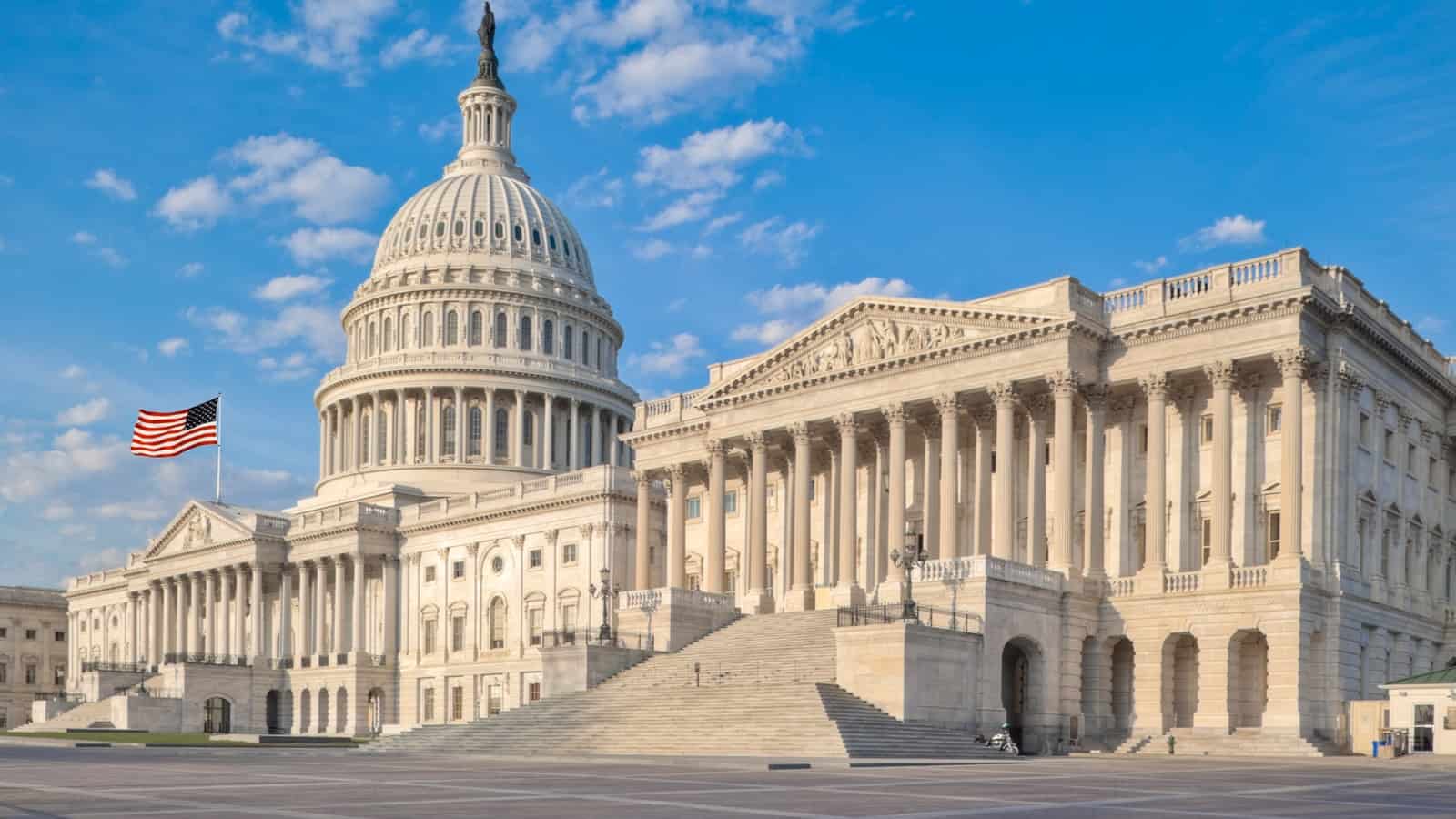
The NAM is pushing back on a proposed “book tax” that would significantly raise taxes and penalize manufacturers for undertaking job creating investments across the country.
What it is: Included in the Build Back Better framework, the book tax imposes a 15% minimum tax on the financial statement — or book income — on corporations with over $1 billion in profits. The provision would be effective for tax years beginning after December 31, 2022.
Why it matters: Imposing a book tax would create a mandatory parallel tax system separate from the current corporate tax system—one that would deny accelerated depreciation (i.e. 100% bonus depreciation) that serves as a powerful pro-growth tool for manufacturers by reducing the after-tax cost of long-lived capital equipment purchases. Under a book tax such purchases would be deducted based on their useful lives.
- According to data from the nonpartisan Joint Tax Committee, the manufacturing sector leads all other sectors in the use of bonus depreciation, meaning that imposing a tax like this would disproportionately impact manufacturers.
What we’re saying: “Employing more than 12 million people who make things in America, paying employees nearly 24% more than the average for all businesses and having the largest economic impact of any major sector, the manufacturing industry has been helping to lead the economic recovery,” said NAM Vice President of Tax and Domestic Economic Policy Chris Netram. “However, imposing a book tax would not only undermine the recovery but also make it harder for the next manufacturing dollar to be spent in America, negatively impacting growth in family-supporting American manufacturing jobs.”
What we’re doing: The NAM is urging Congress to oppose the inclusion of a book tax in reconciliation legislation.
